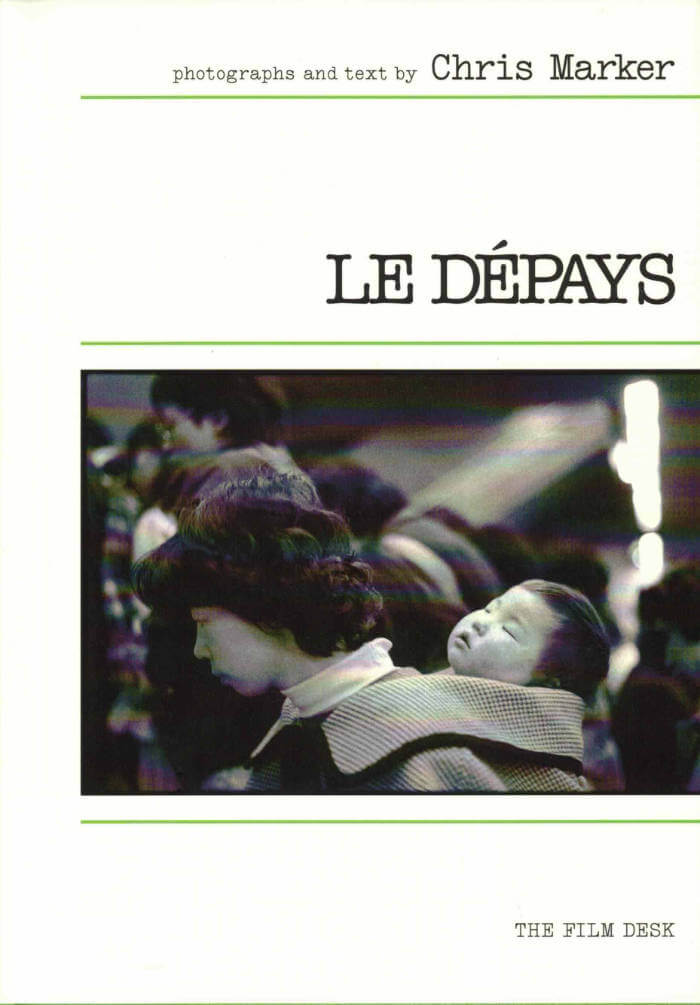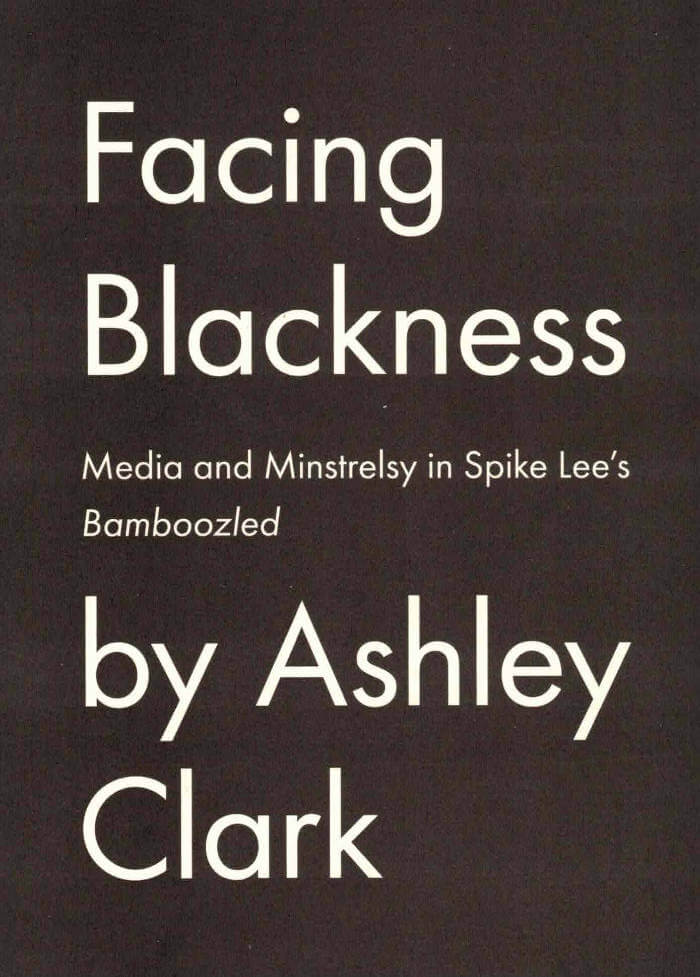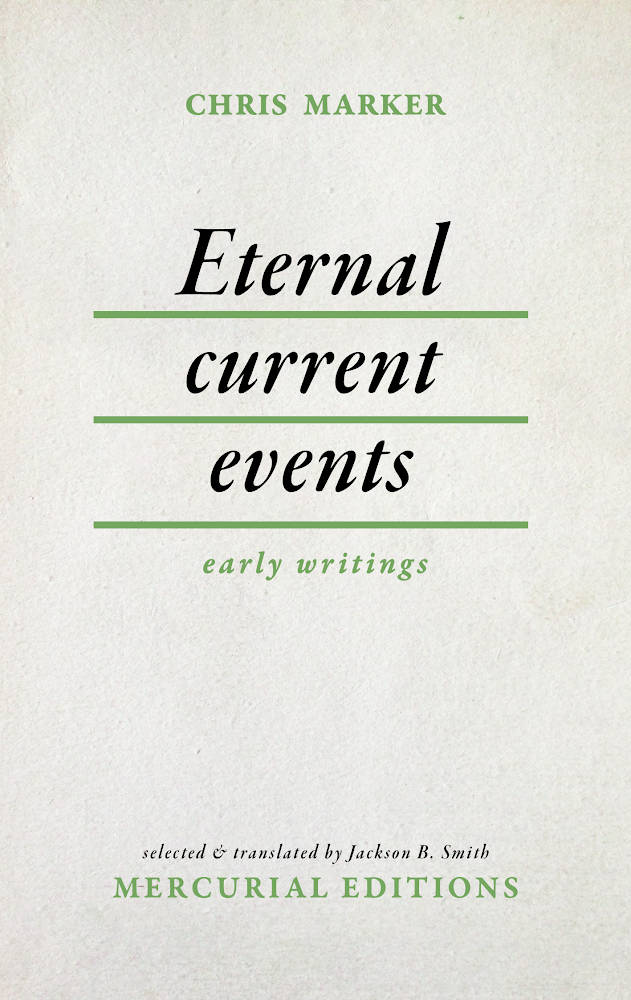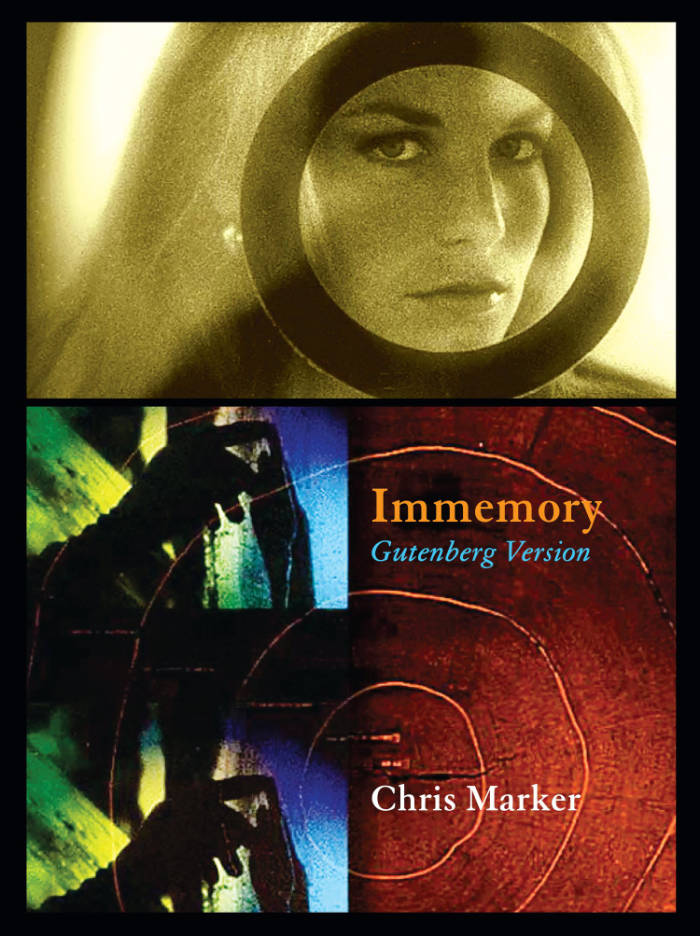
Le Dépays
This is the first English language edition of Chris Marker’s 1982 photo-essay, Le Dépays. Lovingly adapted from the original design, it features Marker’s own translation astride some of his most exquisite, yet rarely seen, black-and-white photography. Realized over the same years as its film companion, Sans Soleil, the book traces similar themes—cats and owls and Japan—but without ever leaving Golden-Gai for Guinea-Bissau. Musing among department store maneki-neko and dreamers on the metro, wandering between Tokyo and no-place at all, this is nevertheless a unique glimpse of Marker feeling very much himself and quite at home; that is, delightfully disoriented.
“Inventing Japan is just another way of getting to know it . . . Trust appearances, consciously confuse the decor with the drama, never worry about understanding, just be there—dasein—and everything will come your way. Well, something, at least . . .”—Chris Marker, from Le Dépays Chris Marker, 1921–2012.
Filmed, photographed, traveled, loved cats.
With a new introduction by writer and artist Sadie Rebecca Starnes.
Language: English






